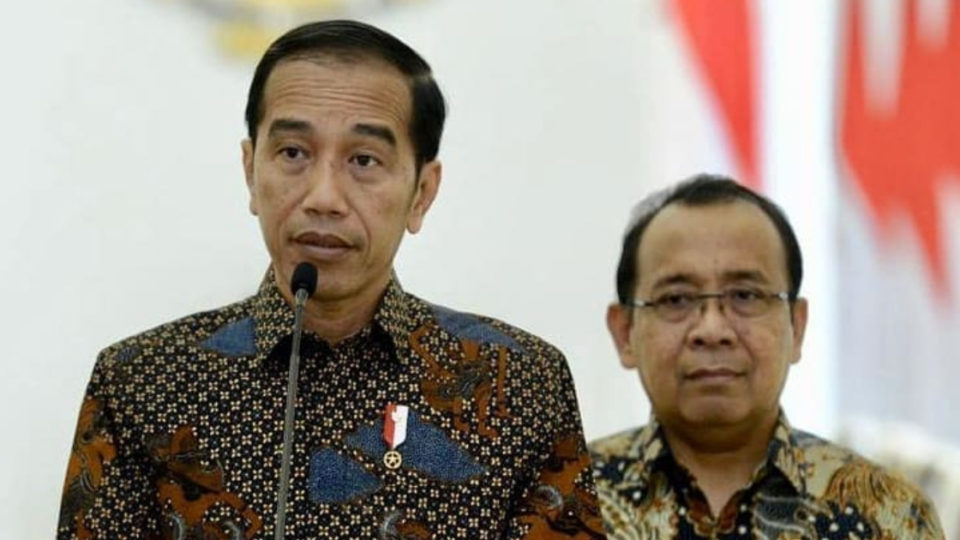The massive student demonstrations that erupted in cities across Indonesia on Monday and Tuesday were fueled, in large part, by anger at Parliament for passing a bill that anti-graft activists say will cripple the Corruption Eradication Commission (KPK), as well as mounting frustration at President Joko Widodo, who said Monday that he would not use his executive power to block the bill from taking effect.
Read also: #HidupMahasiswa! Spirit and creativity of Indonesia’s student protesters shown on social media
The president’s seemingly steadfast support for the bill revising the law on the KPK (RUU KPK) stands in stark contrast to the reputation for clean governance that Jokowi has cultivated during his political career, and one of Indonesia’s top corruption watchdog NGOs says that his refusal to issue an executive Perppu (regulation in lieu of law) that would prevent RUU KPK from being implemented is cause to question his commitment to battling the country’s endemic graft.
“Yesterday, President Jokowi rejected issuing a Perppu. This confirms that the actual commitment of Pak Jokowi must be questioned. The issue of weakening the KPK has become massive in 2019 and there were many options that he could have taken but he chose not to,” Indonesia Corruption Watch (ICW) researcher Kurnia Ramadhana said yesterday, as quoted by CNN Indonesia.
As Kurnia alluded to, Jokowi has had multiple opportunities to oppose RUU KPK, including before its passage. The president previously claimed to be sensitive to concerns about the bill and sent an official letter (Surpres) to the DPR regarding it. However, after legislators gave Jokowi a revision he requested — giving the president the power to choose the members of the KPK “oversight committee” — the letter acted as a statement of government approval, thus clearing the way for the bill’s rapid passage.
Jokowi has never truly addressed the other serious concerns critics have about RUU KPK, such as its removal of the agency’s independent status, the requirement that KPK investigators obtain permits from the oversight council to conduct wiretaps, or its removal of KPK’s ability to recruit its own investigators, requiring them instead to pick from the ranks of the notoriously corrupt police force.
Explaining why he had asked for other controversial bills to be delayed due to public criticism but would not block RUU KPK with a Perppu over similar concerns, Jokowi said on Monday that those bills had been initiated by his government, whereas the KPK revision bill was the product of the DPR.
In the absence of a Perppu from the president, Kurnia said ICW was prepared to challenge RUU KPK in the Constitution Court, as have a number of other civil society groups.
But is there any hope that Jokowi may change his mind and block RUU KPK after all, given the vocal demands of protesters? DPR Deputy Speaker Fahri Hamzah told Detik yesterday that he believed protests against the revisions would continue and that, “They will incapacitate the President until he issues a Perppu…” blocking the changes to the anti-graft agency.




